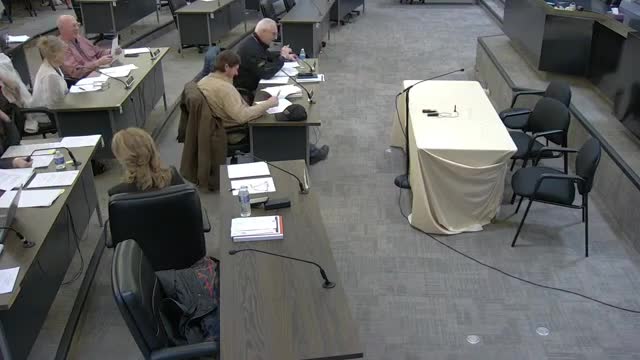Article not found
This article is no longer available. But don't worry—we've gathered other articles that discuss the same topic.

Human Services Committee amends 2024 public-health budget after rising special-needs and transportation costs
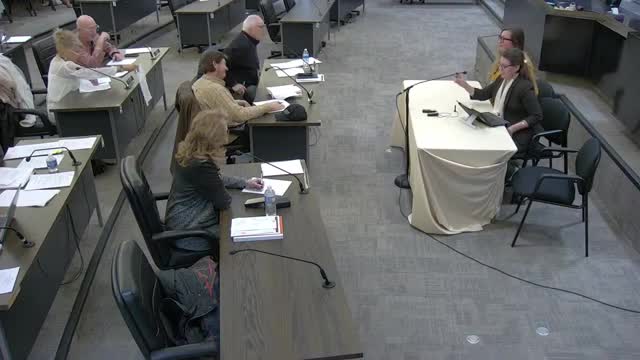
Chautauqua County accepts HUD lead-hazard grant worth more than $5 million
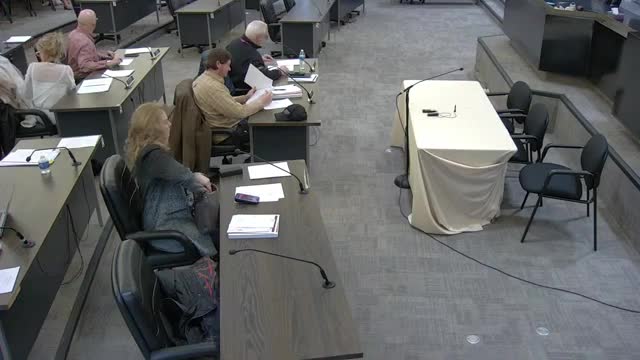
Human Services Committee confirms community-board appointments for Community Service Board and Office for Aging advisory council

Veterans Service Agency amends 2024 budget; aging veterans van likely retired, not replaced
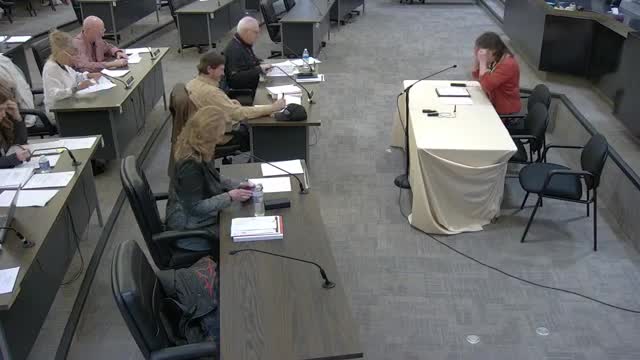
Committee approves $42,000 vehicle purchase for North County meal deliveries; $19,000 already in fund
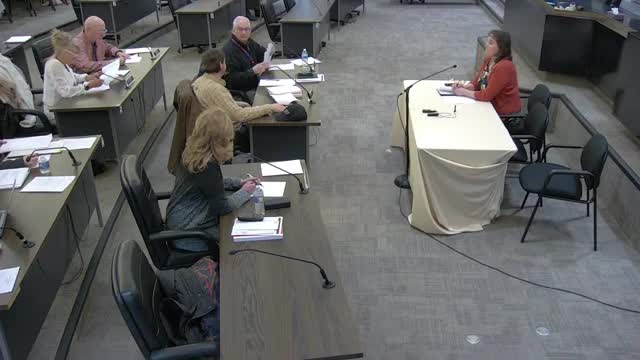
County leases SUNY Fredonia Williams Center for 2025 Senior Expo to accommodate larger crowd
